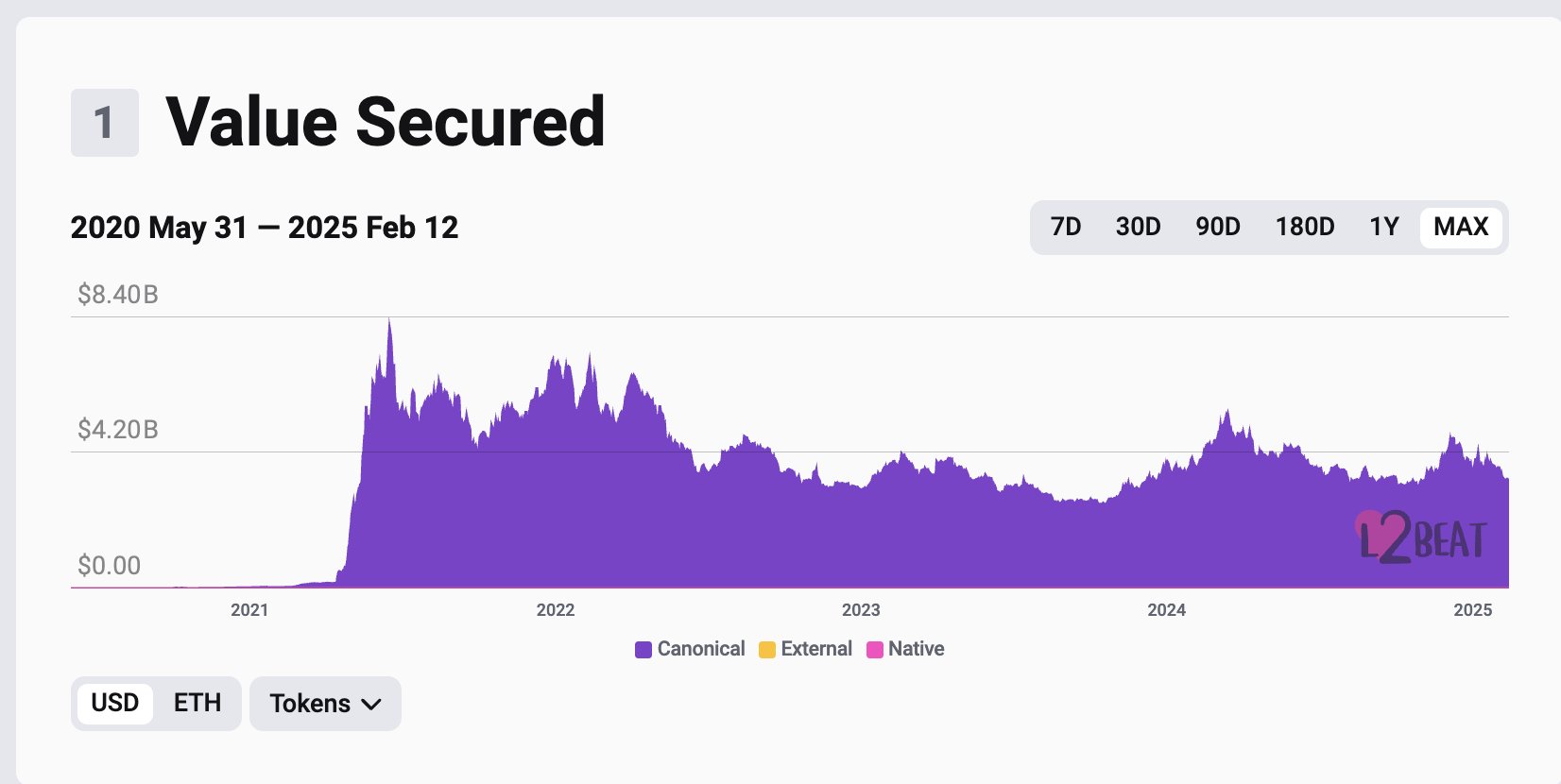Aavegotchi, a non-fungible token (NFT) protocol aimed at Web3 gaming, has decided to shift its focus from the Polygon blockchain and fully commit to Base, which is an Ethereum layer-2 scaling solution, following the outcome of an on-chain vote.
On April 8, community members voted overwhelmingly, with 93.5% in favor of a proposal to “Make Aavegotchi Based Again,” which involves phasing out the protocol’s smart contracts on Polygon and redeploying them on Base.
“Given our close collaboration with the Base team, along with recent advancements in the Base ecosystem, we believe the most advantageous move for Aavegotchi (at least for this cycle) is to retire [the Polygon deployment] and go all-in on Base,” stated Aavegotchi founder Dan in a February post on X suggesting the transition.
This migration is indicative of Aavegotchi’s attempts to navigate the downturn in the cryptocurrency market of 2025, a situation exacerbated by last week’s announcement from President Donald Trump about imposing extensive tariffs on most imports into the US.
The development team, Pixelcraft Studios, has “recently implemented significant staff reductions to minimize our expenditure and extend our financial runway,” noted Dan. Memecoins and NFTs have been some of the hardest-hit segments within Web3 this year.

Aavegotchi’s community demonstrated strong support for this transition.
Related: Crypto stocks down, IPOs delayed amid tariff turmoil
Challenges for Polygon
Aavegotchi’s choice also underscores the ongoing difficulties Polygon faces in retaining users and total value locked (TVL) amidst stiff competition from Ethereum layer-2 solutions like Arbitrum and Base.
Polygon’s TVL has dropped significantly, falling from nearly $10 billion in 2021 to about $725 million as of April 8, according to data from DeFiLlama. In contrast, both Base and Arbitrum boast over $2 billion in TVL, as shown by DeFiLlama data.
TVL is a crucial indicator utilized in decentralized finance (DeFi) to assess the total value of assets deposited within a protocol, reflecting both user trust and adoption while indicating available liquidity.
According to Dan, Polygon has not released any major updates or features relevant to gaming protocols. “Polygon has not delivered any noteworthy updates to PoS that would improve ecosystem coherence or facilitate discovery for gaming.”

Polygon’s growth has remained relatively stagnant in recent years.
Meanwhile, Base and Arbitrum have gained a reputation for being both efficient and resilient—qualities that have allowed them to thrive. Dan expressed a preference for Base due to its “stronger retail onboarding.”
Launched in 2023 by Coinbase, the largest cryptocurrency exchange in the US, Base is an optimistic rollup.
Aavegotchi was developed through a collaboration between Pixelcraft Studios and a decentralized lending protocol. It characterizes its NFTs as “digital collectibles” that can be “customized with various accessories like hats, glasses, and more and can be bought, sold, and traded as NFTs,” as detailed on its website.
Magazine: XRP victory leaves Ripple and the industry without a set crypto legal precedent
